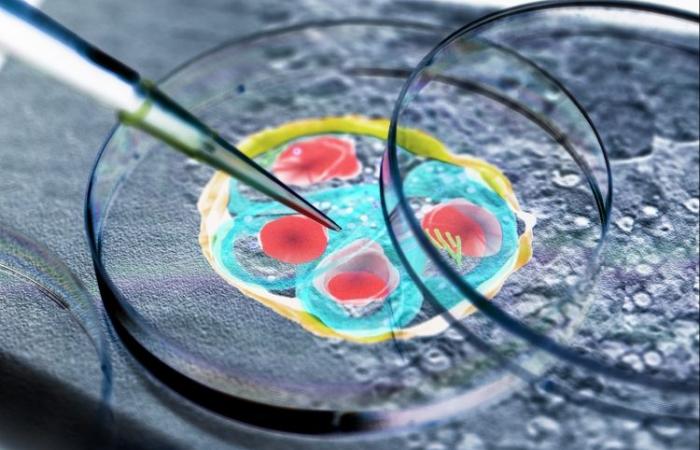Portuguese microbiologist Maria Rebelo is working on the production of a protein that blocks the parasite that causes malaria from connecting to the host cell and thus helps stop the disease.
Speaking to the Lusa agency regarding World Malaria Day, which takes place on Thursday, the researcher said that her entire scientific and research career was mainly focused on malaria.
“I think it is a super-relevant disease for global health and yet sometimes we have the impression that it is neglected”, he said about this pathology that killed 608,000 people in 2022.
In collaboration with the Queensland Institute of Medical Research (QIMR Berghofer), a medical research institute in Seattle, Australia, Maria Rebelo is testing “a completely new approach to trying to prevent malaria infection”.
“[O trabalho consiste no] development of a molecule (protein) that can prevent the parasite from invading the host’s cells, which represents a change in the therapy we normally use and, in this way, could constitute a new therapeutic approach and help in the fight against malaria”, he said.
“We are trying to create molecules, proteins that are completely newly designed – that are not based on anything that exists in nature – and what we want them to do is bind to the parasite and, by binding to the parasite, cause the parasite cannot attach to the host cell”, he explained.
In practice, he said, the team is “trying to block the parasite’s connection to the host cell”.
When administering this protein to malaria patients, the parasite is unable to infect new cells and the infection cycle stops, as the parasite is unable to replicate the disease, thus unable to cause serious illness. In turn, the parasites that are there are eliminated by the body and there are no new parasites.
The project is in a very early process and the team is currently designing the protein, using computational models.
“After this design, we produce the protein, test cells in the laboratory, a series of affinity and efficacy tests before pre-clinical tests on animal models. We hope that in three years we will have the results of pre-clinical efficacy and then we will move on to clinical trials in humans”, he said.
The researcher believes that, despite her optimism, the new molecule will not be able to reach patients before the next eight years.
Lusa
Tags: Portuguese researcher works creating protein stop malaria
--





